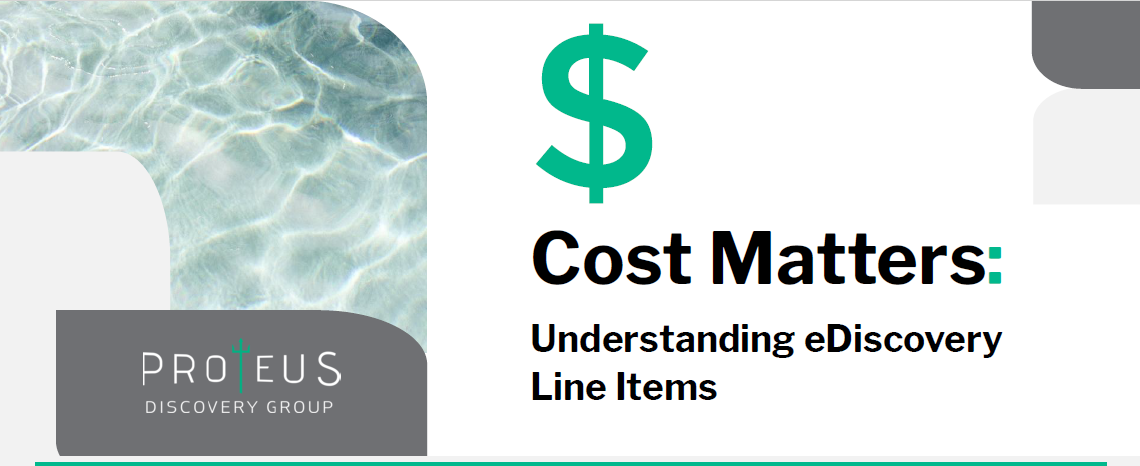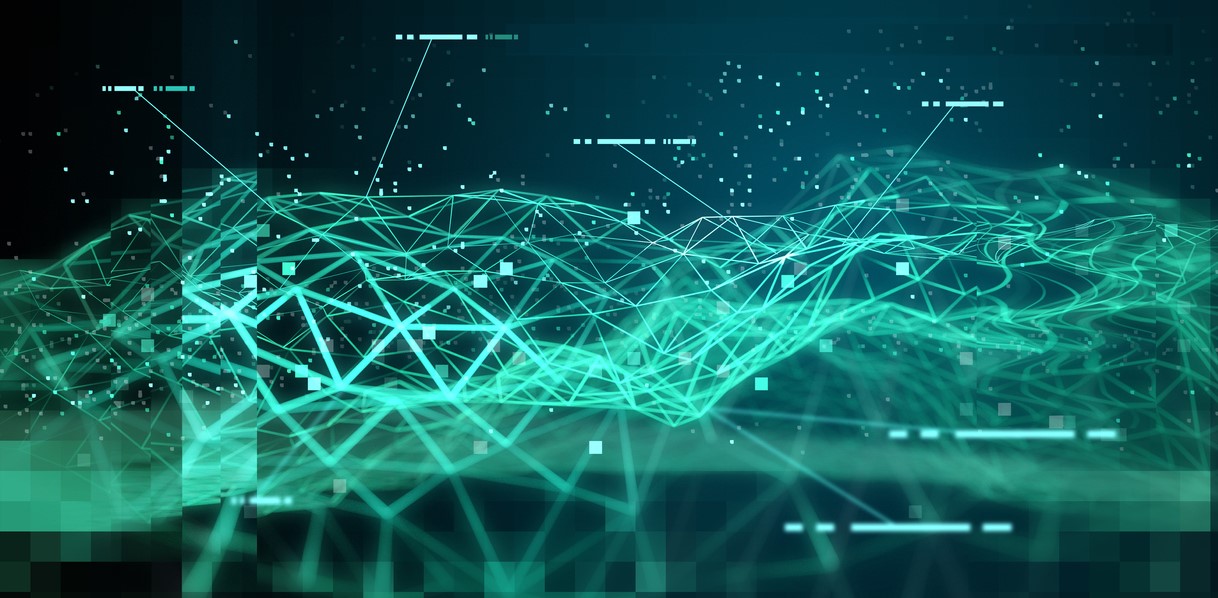Technology Assisted Review (TAR), or some variation of it, has been dominating the document review conversation for nearly a decade now. From TAR to Continuous Active Learning (CAL) to the expanding capabilities of Generative AI in eDiscovery, industry narratives often position automation as the primary solution to control costs, expedite timelines, and manage expanding data volumes. While these tools do offer significant value in many contexts, it is important to recognize that traditional,...
The Case for Traditional Review in a Tech-Driven World
Feb 3, 2026 10:00:00 AM / by Sarah Barth
The Secrets Behind Cost-Effective Managed Review – Revealed
Jan 21, 2026 11:22:34 AM / by Jim Norman
Every litigator has felt it: that moment when a case budget starts slipping – and you know exactly where the dollars are going. It’s not flashy technology or forensic imaging that breaks the bank. It’s document review. Because if you truly want to turn litigation support into a profit center, pricing cannot be an afterthought. It must be intentional, defensible, and built around real value, for both the client and the firm.
eDiscovery costs represent a substantial portion of litigation and investigation case budgets, often compounded by the unpredictable nature of data volumes and the varying pricing models offered by software and service providers. We recognize the need for clarity in this complex landscape, which is why we recently created an infographic aimed at breaking down the myriad costs associated with eDiscovery.
“We’re not trying to replace anybody,” Jon Mattingly told the Indiana Lawyer back in 2015. At the time, he and three other litigators had recently left an AmLaw 100 firm to launch two ventures: an Indianapolis-based litigation boutique and an eDiscovery services company. “We’re coming in and... handling some very complex issues in terms of eDiscovery. We’re a partner for the client and their law firm managing the case.”
Short Message Data: Building Your Case with Legal Technology
Aug 7, 2024 9:00:00 AM / by Ryan Short
Short message data is an increasingly important source of evidence in litigation and investigations because so much communication takes place through sources like SMS and MMS texts and platforms like WhatsApp, Slack, and Teams.
The landscape of eDiscovery is evolving rapidly, driven by the proliferation of short message data. This type of data encompasses messaging platforms beyond traditional email, such as texts, Teams, Slack, and many others. As these forms of communication become increasingly dominant in both personal and professional contexts, they bring unique challenges and considerations for litigation and investigations.
Legaltech (generally) and eDiscovery (specifically) marketing often fails because software and services vendors often try to “copy and paste” playbooks that worked in the (business-to-business (B2B) space.
In B2B, revolution can be richly rewarded. The premise of most startup businesses is: the market has an unmet need; if we build the right product and get in front of the right people, we can make a lot of money. Disruption of the status quo is the entire point of the game.
Smaller Firms, Big Tech: eDiscovery Isn’t Just for Legal Giants
May 23, 2024 9:00:00 AM / by Ray Biederman
Many small and mid-sized law firms approach to eDiscovery consists of cobbling together legacy tools instead of embracing cutting-edge eDiscovery solutions and legal technologies like RelativityOne.
This approach is understandable. Ten years ago, when many firms first took a look at their eDiscovery practices, eDiscovery was a new and expensive concept. Attorneys could, in most cases, get by through creating PDFs or scanning documents, and judges and opposing counsel typically accepted it...
In January we published a tongue in cheek bingo card before Legalweek that poked fun of many of the words and phrases used by eDiscovery software and services providers, like “voluminous data” and “explosion of data.”
It was a silly thing, but it resonated because the terms are all ubiquitous.
The most viral story in the legal industry in 2021 was the attorney who assured a judge that he was not, in fact, a cat.
The year 2023 may have provided this definitely human attorney’s most potent challenger in the form of the Mata v. Avianca. Plaintiff’s counsel utilized ChatGPT to draft a court filed document, ChatGPT “hallucinated” and provided several fictitious case citations. After attempting to cover up the use of Chat GPT, the attorney was sanctioned, and the case directly led to...










